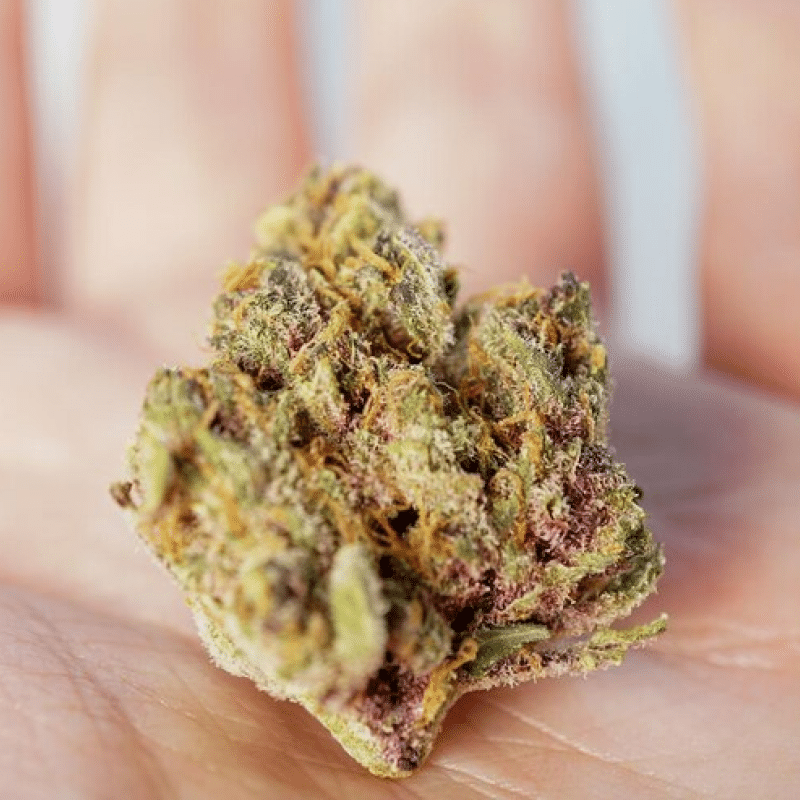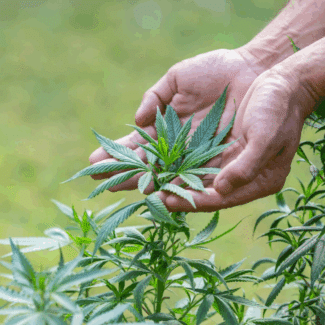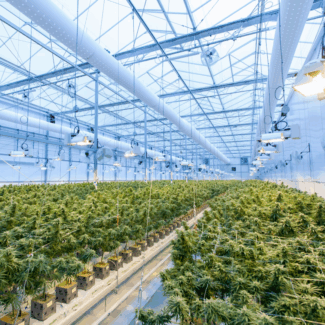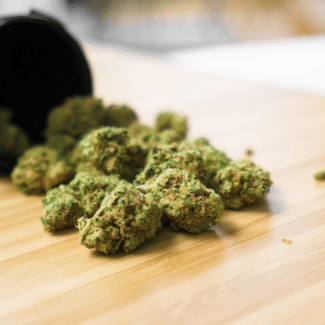How Much Does Cannabis Business Insurance Cost?
Understanding the costs associated with cannabis business insurance is crucial for any cannabis entrepreneur. This summary outlines the key factors influencing insurance premiums, including business size, type, location, risk profile, and claims history. It also highlights the essential types of insurance coverage needed to protect cannabis businesses effectively, along with tips for obtaining affordable rates. With the right information, cannabis businesses can navigate the insurance landscape confidently and secure the coverage they need to thrive.

Navigating the world of cannabis insurance can feel overwhelming. From policy types to exclusions and premiums, there’s a lot to manage. But don’t let the fear of the cost of cannabis business insurance keep you from moving forward.
Key Factors Affecting Insurance Costs
What affects your insurance costs? Here are the main factors:
Business Size & Revenue
Your insurance is sized to protect your business. Larger businesses with higher revenue need larger amounts of insurance to protect their bottom line. As your business scales and grows, typically your insurance cost does as well, to provide proportional protection.
Type of Cannabis Business
Is your business plant-touching or ancillary? The specific type of business you have will impact the types of insurance you need, which affects your costs because your insurance is tailored to your specific needs. While there are best-practice policies that all businesses should have, cannabis cultivators or testing labs will have a different suite of protection than processors or retail locations.
Location
Where your business is located affects your costs, both on the state and local levels. The state you live in has a large impact on insurance cost factors like natural disasters, while your municipality may have local regulations that insurance needs to comply with. Crime rates in your area and whether you operate in multiple states can also affect your cannabis business insurance cost.
Risk Profile
Plant-facing businesses face higher risk than ancillary businesses. The ongoing federal prohibition of this plant means that the street value of cannabis products is still high, and plant-touching businesses like cannabis cultivators or transporters have a higher risk factor than an ancillary business like making packaging. Increased risk tends to increase premiums.
Claims History
Having a long claims history can drive up your cannabis business insurance cost. It’s not a punishment for making a claim, but a response to the increased need for coverage. Claims can be used to show you where improvements can be made in your business.
Common Types of Insurance for Cannabis Businesses
While no two cannabis businesses have the same exact insurance, there is a set of policies that is widely considered a “best practice” to have in place, to protect against common business exposures that will usually make up the foundation of your cannabis business insurance cost.
General Liability Insurance
General liability offers broad protection against some of the most fundamental risks cannabis companies face. Known as “slip-and-fall” or “all-risk” insurance, this policy covers personal or property damage and bodily injury occurring on the business premises.
Product Liability Insurance
Cannabis companies offering tangible products or services risk third-party lawsuits claiming bodily injury or property damage. Product liability insurance covers defense fees and settlements, even for ungrounded claims. This coverage is particularly critical in the cannabis space as testing and manufacturing aren’t regulated at the federal level.
Property Insurance
Property damage can occur in many ways, from violent storms to burglaries to fires. Property insurance helps ease these concerns by reimbursing cannabis companies for direct property loss. Instead of digging into your business savings to find temporary work arrangements or customer appeasement, capital from the policy does the heavy lifting for you. Remember that property loss results in more than merely rebuilding or relocating your business. You might experience loss of business income or accrue extra recovery expenses. This policy covers income lost and payroll during the interruption period.
Cyber Liability Insurance
Cyber insurance protects companies from third-party lawsuits relating to electronic activities (i.e., phishing scams). Plus, it offers many recovery benefits, supporting data restoration and reimbursement for income lost and payroll spent.
Worker’s Compensation Insurance
Employers are typically responsible for their medical costs and lost wages when employees sustain work-related injuries. This policy covers these expenses, protecting employees while simultaneously keeping cannabis companies running smoothly.
Commercial Auto Insurance
Owned auto insurance provides first-party property damage coverage for your vehicle and bodily injury coverage to uninsured or underinsured motorists. HNOA includes coverage for third-party property damage and bodily insuring resulting from accidents during your business.




